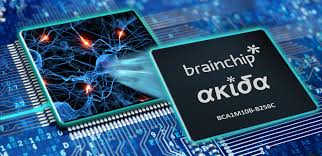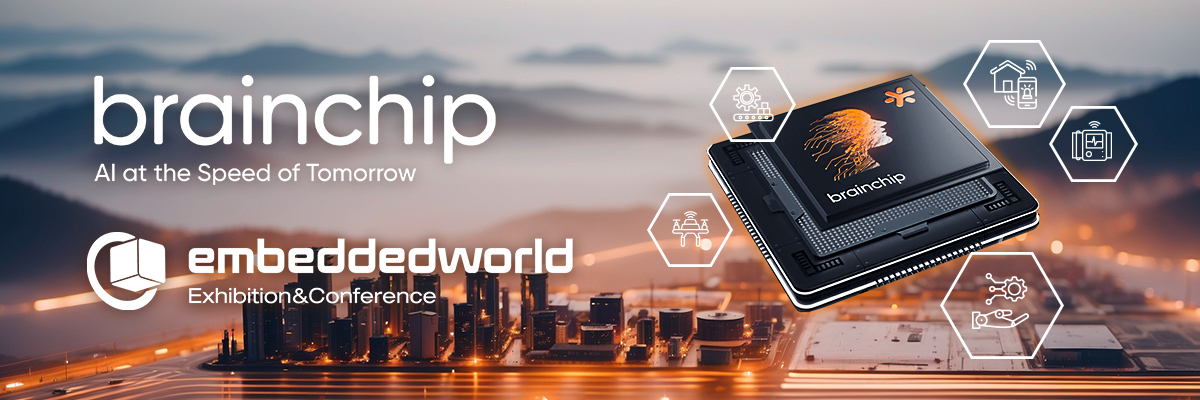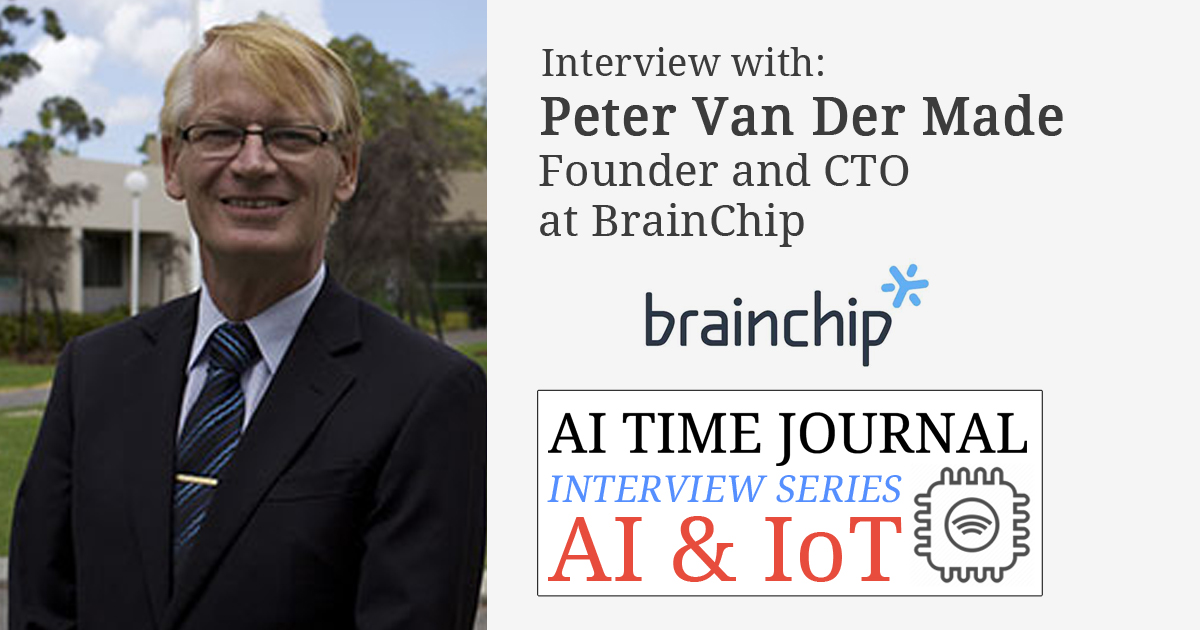The granting of this Patent on 16 April 2024 is rather revealing, it was first filed on 14 December 2022, published on 12 October 2023...why do
I mention this ? For this reason, if you reread the link below it clearly establishes a time frame...3 years, including through the Covid pandemic
When we presented alongside Tata Consultancy Services back in Vancouver in December 2019 with the joint venture specializing in gesture movement technology in robotics, it seems that things had been underway between us for sometime protected with an NDA.
So what I'm suggesting, yes it's speculative, but, with this very recent Patent being granted, things appear to be fitting in with the time
guidelines we are all aware of....IP block within Tata clients products appear to be closer than we may realize.
Tech's personal opinion....Happy ANZAC DAY....God Bless all those young men who fought for our freedom all those years ago...


The Akida Neuromorphic System-on-Chip (SoC) Technology will be used to recognize and classify hand gestures of people attending the presentation.

www.biometricupdate.com











